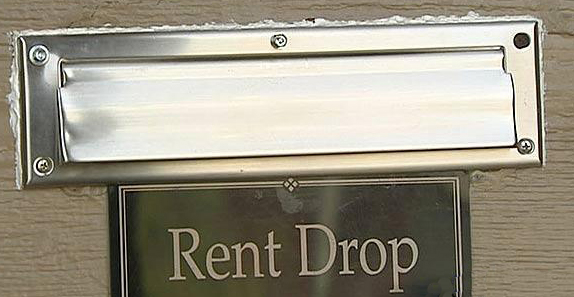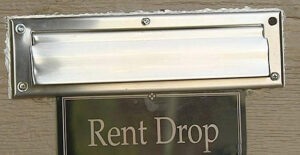
Drop-Box Thefts — Whose Money Was Taken

Thieves steal rent from rent drop boxes. When they do, clients call us with a host of questions.
Did the resident pay their rent by depositing it into the drop box? Can I post the resident with a demand for rent or possession if the resident does not replace the stolen money order? Who bears the risk of loss for money orders stolen from the community’s drop box? Should I address this issue in my lease? If I can’t post the resident for non-payment of rent, do I have any other legal rights to recover the stolen rent?
When rent is stolen from a drop box, some managers argue that the resident hasn’t paid the rent because the manager never received it. Unfortunately, the law does not support this position. Residents pay rent with checks or money orders. Checks and money orders are negotiable instruments. A resident delivers the rent (check/money order) when they voluntarily transfer possession to you by placing it in your drop box. Simultaneously, you receive delivery of the check when it comes into your possession, i.e. when it is placed in your drop box. The commentary to the law specifically states that a negotiable instrument is delivered “when it is put into the payee’s mailbox.” In our experience, almost every judge will hold that a resident has delivered and paid the rent when they place the payment in the drop box.
More Content
denver landlords: apply now for your rental license
what to know about denver’s new notice requirements



